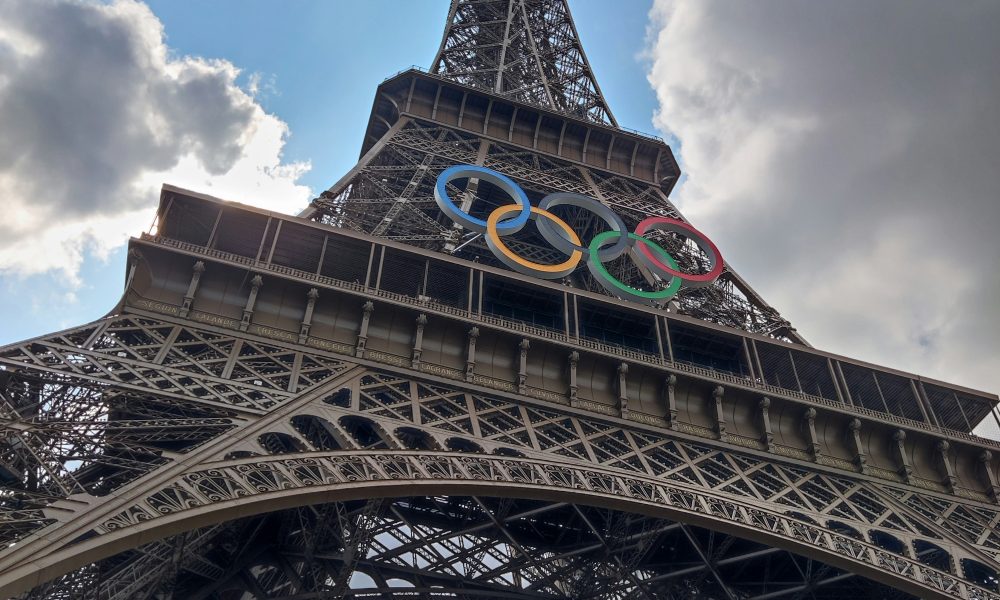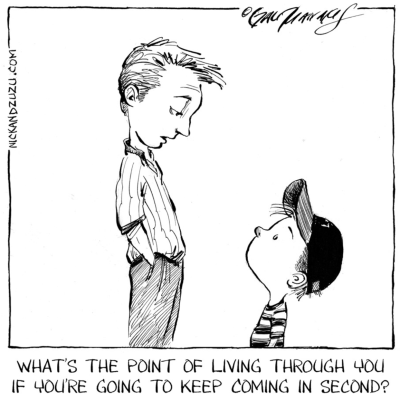The Olympics Is Inherently Political
I’ve always enjoyed watching the Olympics and I will continue to enjoy watching it in years to come, cheering on athletes as they push themselves to incredible achievements. But what I didn’t know up until recently and what isn’t as talked about is just how political the Olympics are. Certain countries have been banned and not others, racist laws enforced, there have been war influences, and athletes being silenced or shunned for speaking their voices. The Olympics is a worldwide phenomenon that draws everyone’s attention. It gives people a sense of nationalism, watching their own countries compete but there’s more there than what it seems.
The Olympics is inherently political and will remain political for as long as it continues. It’s impossible to have countries compete against one another and disregard the actions of another country’s government. The games have always had an illusion of focusing on unity and collaboration when in reality, it’s heavily political. There have always been examples of this. In 1963, Germany attempted to use the Olympics to prove Hitler’s theory. In 2024, Israel stays in the competition while Russia is banned. Athletes from all over the world train their entire lifetime just to enter and defy all possible odds, and there is something very beautiful about that. I have so much respect for the athletes for everything they do, but I cannot ignore what I have learned or deny the active politics this year. It’s important to acknowledge the platform that’s being given for athletes and countries to speak during the Olympics and the aftermath that plays out.
Since as early as 1968, athletes have been protesting their rights and beliefs in the Olympics. A rather famous photo of two sprinters Tommie Smith and John Carlos who placed gold and bronze stood on the podium with a gloved fist in the air as a Black Power salute. They were suspended from the games due to this protest as well as another athlete being shunned from his country for standing with them. The Olympics is actively silencing athletes if they try to express their beliefs and Rule 50 of the Olympic Charter ensures that athletes will be penalized for speaking out, “No kind of demonstration or political, religious or racial propaganda is permitted in any Olympic sites, venues or other areas.” When these athletes are given a platform to raise their flag and raise their voices, the Olympics are shutting it down. It’s as if they expect the athletes to disregard their beliefs and opinions for their event. However, time and time again, athletes are making a stand. In 2019, hammer-thrower Gwen Berry raised a fist after her performance, and fencer Race Imboden took a knee during the national anthem resulting in a year-long probation. Rule 50 has started to become looser each Olympics, but it still holds a tight fist of resistance against athletes.
While some athletes speak out as a protest, other countries’ presence is one in itself. Russia was banned from the 2024 Olympics due to the ongoing war in Ukraine and yet Israel is still allowed to compete despite their attacks on Palestine. France doesn’t even recognize Palestine as a country. So while everyone is representing their country, Palestine is the only one that’s getting hate for representing theirs. Swimmer Yazan Al-Bawwab paints the Palestinian flag on his chest and receives hate comments, people yelling for him to take it off and that no one wants to see it. The athlete mentions that people don’t even want to say the word Palestine. Both Al-Bawwab and his teammate Layla Al-Masri speak on how they are giving their country a voice when it doesn’t have one. “While the world’s eyes are on the screen watching the Olympics, we want to use our unique platform as athletes to keep eyes on what’s going on in Palestine,” Al-Masri writes in a post. And Al-Bawwab said in an interview, “For me, it’s quite special because I’m Palestinian – we don’t have sports in our country, we don’t have one pool – so it’s an amazing feeling to be here to represent a country that has no voice.”
Not only are Palestinians being oppressed, but Emmanuel Macron, the President of France is attempting to place a hijab ban on the Olympics. While this didn’t get passed to the Olympics as a whole, it instead has fallen to anyone representing France. This has affected many Muslim athletes who have sat on the bench rather than removed their hijab. Their clothing has even been referred to as “dangerous” by professional basketball referees. Athlete Sounkamba Sylla has directly been affected by this, banning her from the Olympic ceremony because of her hijab. The French Sports Ministry later decided she would only be allowed to participate if she covered her hair in a way that didn’t seem religious. And in the women’s Egypt vs. Spain volleyball match, both Egyptians showed up in hijabs and long sleeves. One of them commented on the hijab ban, “I want to play in my hijab; she wants to play in a bikini—everything is OK, whether you want to be naked or wear a hijab. Just respect all different cultures and religions. I don’t tell you to wear a hijab, and you don’t tell me to wear a bikini. No one can tell me how to dress. It’s a free country; everyone should be allowed to do what they want.”
While there have been so many political events incorporated into the Olympics, there are still many people in denial, claiming that the games are not a place where politics takes place. Thomas Bach, a former Olympic fencer, and current IOC (International Olympic Committee) President claims that the IOC is completely neutral and that social issues should not conflict with the Olympics. But what Bach isn’t mentioning, is how impossible it is to represent countries, that may be at war, that may be diminishing human rights, and expect their athletes to remain emotionless. There is no way to avoid the politicalness of the Olympics, it’s never been possible. The very idea of the games already brings in politics, with the hope of a country gaining nationalism. While it’s possible you may not support your country, when your flag is put in a competition, it’s the one you resonate with the most, the one you have the strongest connection to, and ultimately the one you wish to win. It’s hard not to feel pride when your country achieves an incredible feat, and you get to take part in it and claim the title of being a citizen there. This may be used as a good or bad thing, but the very structure of the Olympics is designed in this political sense. Not only does Bach blatantly lie about the IOC’s neutrality, he is denying a voice to the countries and the athletes.
While I do think that the Olympics are political, they do bring a sense of unity through their events. I do not agree with the statement that it’s only unity; however, I do find myself getting emotional while watching the Games and the athletes congratulate each other.
Just the other night, while watching pole vaulting and seeing Greece and Turkey hug each other, two countries that have had turmoil in the past and have directly affected my family. It made my heart warm, knowing that these athletes just competed and did their best and have formed comradery despite their countries’ pasts. And again seeing the joy the athletes experience when they break a world record and other teammates cheer them on, despite competing against one another. The emotions and connections the athletes experience are undeniable and the unity that does form is a beautiful thing. However, it is still important to acknowledge the political state of the Olympics and everything that is happening within it.
Every four years, the Olympics have always been something to look forward to. The strength of the athletes, new records being set, victorious moments going down in history. But it’s also important to look beyond that and be aware of the politics that come along. With the hate certain countries receive, the laws being put into place, and the voices being taken away from the athletes. The Olympics will never not be political, so while I along with many others enjoy watching it, we need to recognize the issues at hand.









